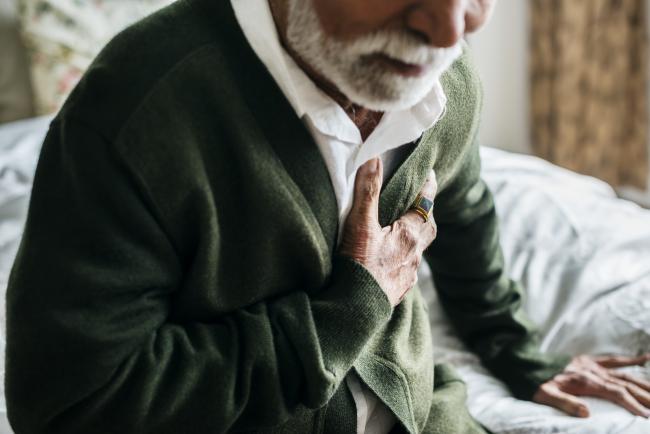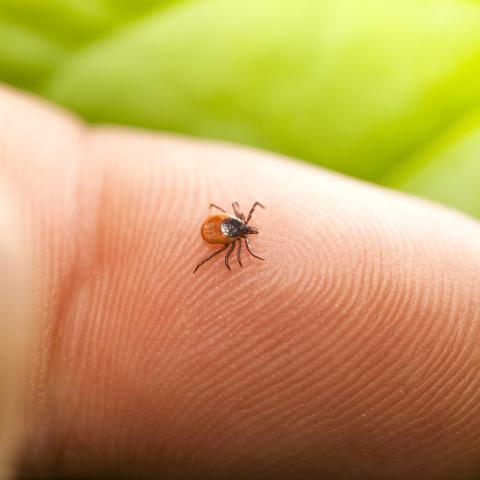Posted In Health Tips on March 01, 2024

According to the Centers for Disease Control (CDC), heart disease and heart attacks are the leading causes of death for both men and women in the US. Each year, more than 800,000 Americans suffer a heart attack, and approximately 1 in 5 heart attacks are silent, meaning that the person is not aware they've had a heart attack.
A heart attack occurs due to reduced blood flow to the heart muscle, depriving the heart muscle of the oxygen it needs to function properly. A heart attack, if severe, can lead to cardiac arrest, where the heart stops beating, and death is imminent unless the heart can be restarted with cardiopulmonary resuscitation (CPR) or an electrical shock with a defibrillator.
Pay attention to your heart’s warning signs
Heart attacks can be mistaken regularly for other conditions such as indigestion, chest pain, muscle pain and more. Some symptoms come on slowly and others quickly. 70% of women who suffered a heart attack reported feeling unexplained extreme fatigue in the weeks before the attack.
The symptoms of a heart attack can vary from one individual to another, in both severity and onset. According to the American Heart Association (AHA), some common heart attack symptoms can include:
- Chest discomfort which can feel like uncomfortable pressure, squeezing, fullness, or pain
- Physical discomfort including lightheadedness, dizziness, nausea, vomiting or cold sweats
- Jaw, neck, or back pain
- Discomfort or pain in arm or shoulder
- Shortness of breath (with or without chest discomfort)
Men may experience different heart attack symptoms from women, who are less likely to seek immediate medical care and are more likely to die from a heart attack.
Not all symptoms may be present. Look for symptoms that occur together, rather than looking for any one symptom in a vacuum. Some people have no symptoms before a heart attack. The more signs and symptoms a person has, the greater the likelihood that they are having a heart attack.
Ways to care for your heart
- Schedule your annual physical and discuss any concerns with your primary care provider, who may refer you to a cardiologist if needed
- Stay active and maintain a healthy weight
- Manage your cholesterol, blood pressure and blood sugar
- Reduce stress
- Don’t smoke
Experiencing symptoms? Take action.
Seek immediate medical attention if you are experiencing any warning signs, especially if they start suddenly and for no apparent reason.
Calling 9-1-1 is the fastest way to get lifesaving treatment. The sooner you get to an emergency room, the sooner you can get treatment to reduce the amount of damage to the heart muscle. Fast action can save lives.





